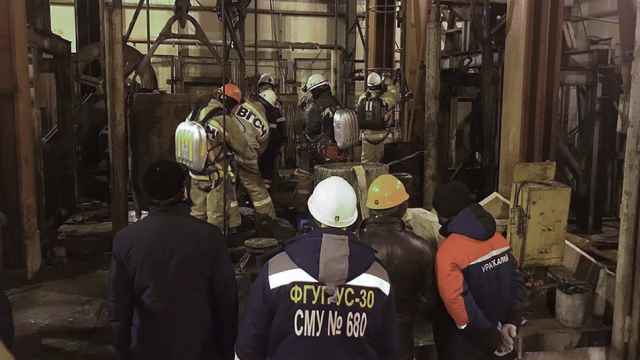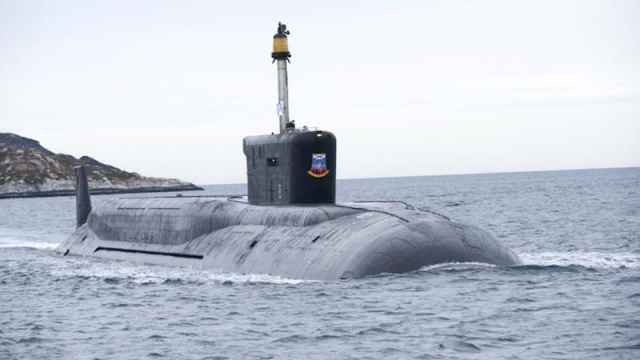Russia says that it may reinstate an agreement with the United States to dispose of weapons-grade plutonium if Washington agrees to a list of demands.
The Kremlin’s conditions, presented in draft legislation to the parliament, include the reduction of U.S. troops and military infrastructure in NATO countries bordering the Russian Federation, and the cancellation of economic sanctions against Russia. Moscow also wants to be paid compensation for damages caused by the sanctions.
Earlier today, President Vladimir Putin issued an executive order halting cooperation with the United States on plutonium disposal. The Plutonium Management and Disposition Agreement was signed between the two countries in 2000, as “an essential step in the process of nuclear disarmament.”
To reinstate the deal, Moscow now says that Washington must reduce its troops in NATO countries on Russia’s borders to the levels deployed in 2010, when the agreement came into force.
The Kremlin is also demanding that the United States lift sanctions against Russia, canceling the 2012 Magnitsky Act (which targets Russian state officials) and the 2014 economic sanctions levied over Russia’s military intervention in Ukraine.
Finally, Moscow also says the United States must pay compensation for the damages inflicted on the Russian economy as a result of the sanctions, including losses incurred due to counter-sanctions levied by the Russian government.
The agreement came into force in 2010 after being renegotiated by
Russian Foreign Minister Sergei Lavrov and then U.S. Secretary of State
Hillary Clinton.
Under
the agreement, each side must dispose of 34 metric tons of plutonium
each year in a way that it can “never be used for weapons or any
military purpose.”
A Message from The Moscow Times:
Dear readers,
We are facing unprecedented challenges. Russia's Prosecutor General's Office has designated The Moscow Times as an "undesirable" organization, criminalizing our work and putting our staff at risk of prosecution. This follows our earlier unjust labeling as a "foreign agent."
These actions are direct attempts to silence independent journalism in Russia. The authorities claim our work "discredits the decisions of the Russian leadership." We see things differently: we strive to provide accurate, unbiased reporting on Russia.
We, the journalists of The Moscow Times, refuse to be silenced. But to continue our work, we need your help.
Your support, no matter how small, makes a world of difference. If you can, please support us monthly starting from just $2. It's quick to set up, and every contribution makes a significant impact.
By supporting The Moscow Times, you're defending open, independent journalism in the face of repression. Thank you for standing with us.
Remind me later.






